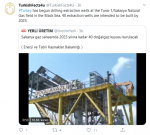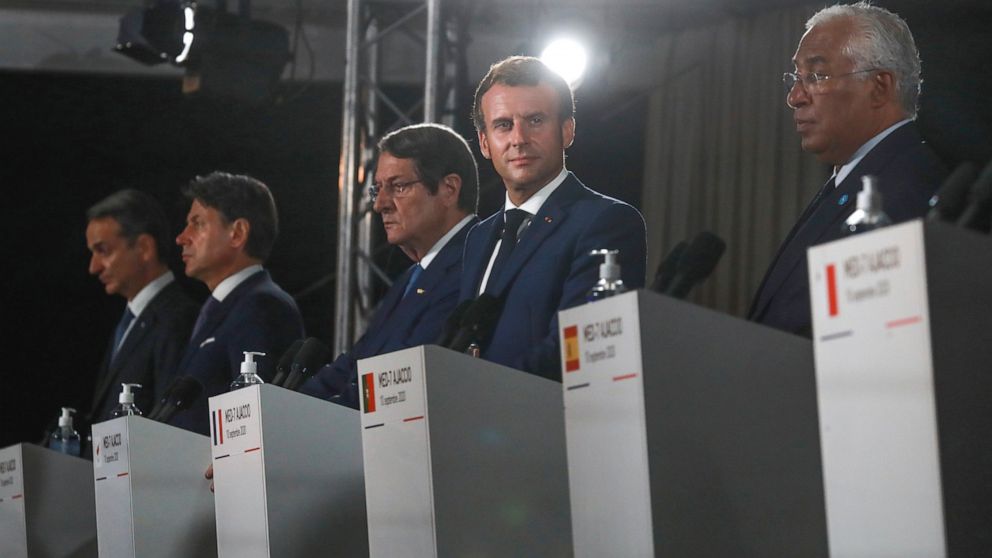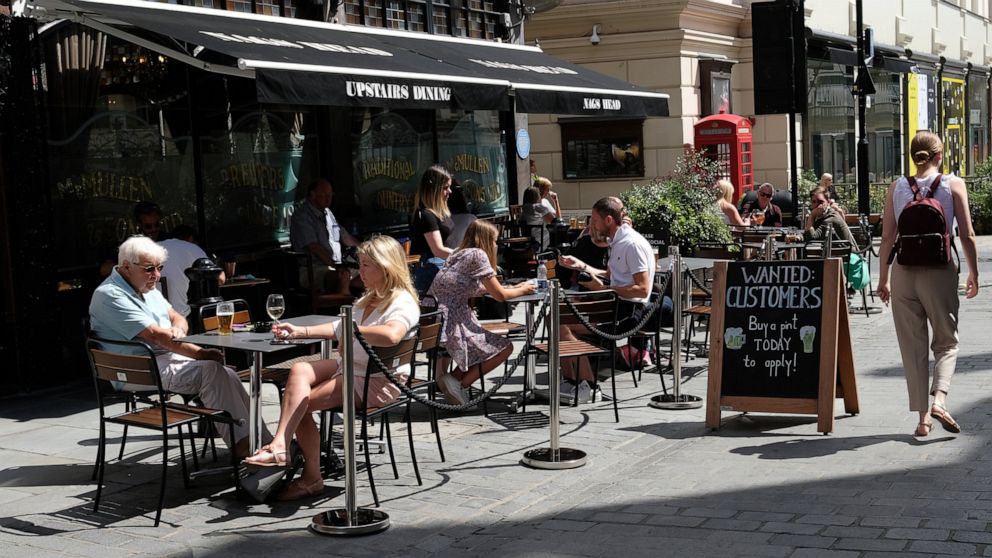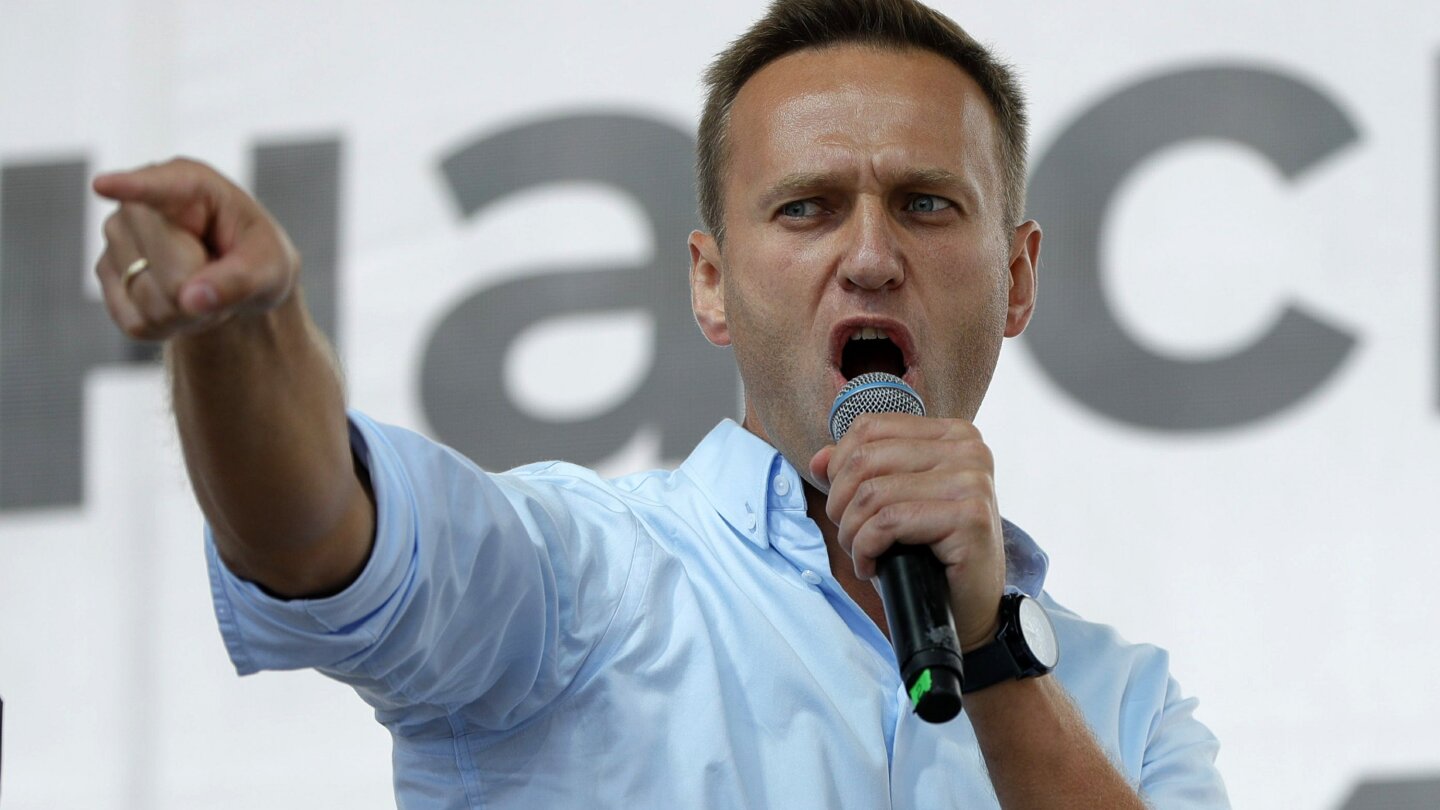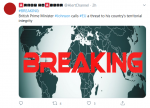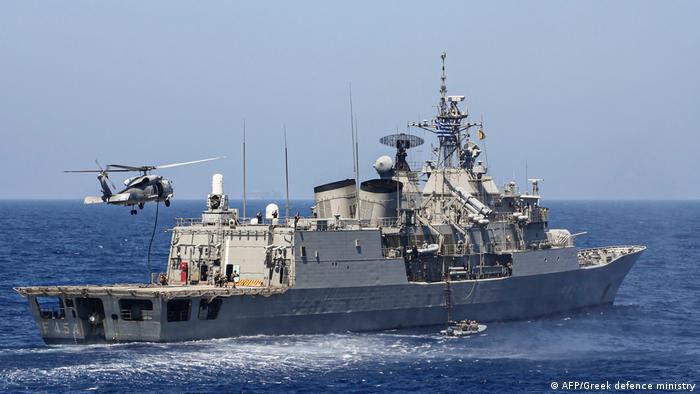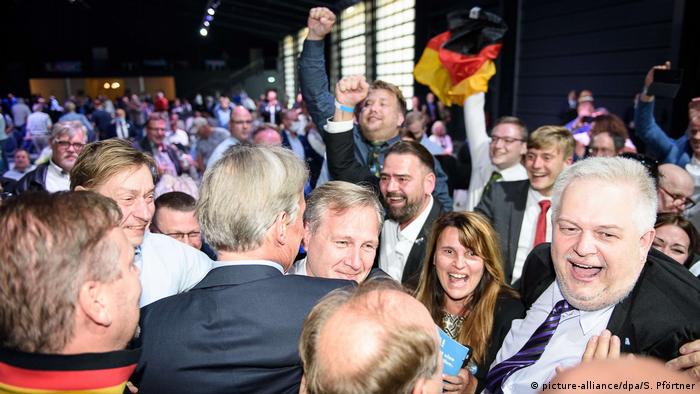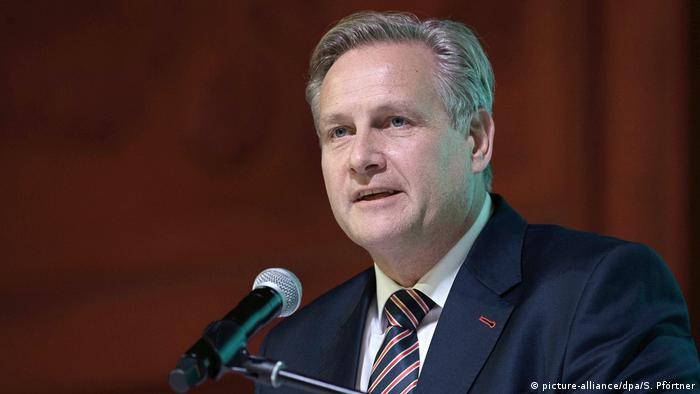Plain Jane
Just Plain Jane
Sorry this is late!
August 's thread:
 www.timebomb2000.com
www.timebomb2000.com
Regional Conflict In Mediterranean from page 54:
 www.timebomb2000.com
www.timebomb2000.com

 www.dw.com
www.dw.com
Birmingham police arrest one man over stabbings
Police in the UK have arrested a man on suspicion of one murder and seven counts of attempted murder after a stabbing attack rocked the city of Birmingham. Two of those injured remain in a critical condition.
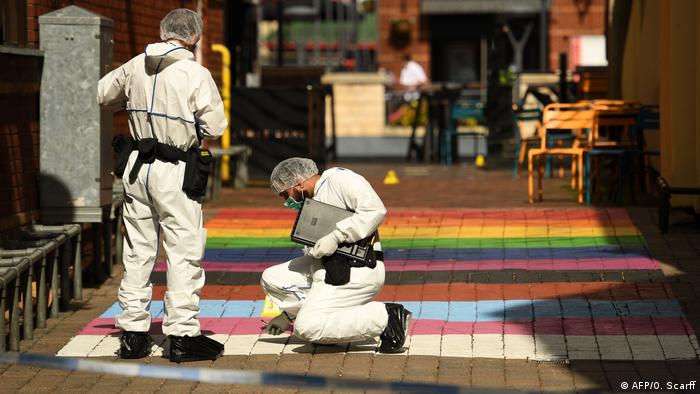
British police said Monday they had arrested one man on suspicion of murder after a stabbing rampage that took place in the city of Birmingham on the early hours of Sunday morning.
One person was left dead and seven injured in the stabbing spree that took place in four locations in the English city.
Police wrote on Twitter that the 27-year-old man had been arrested at around 4 a.m. Monday local time, suspected of being responsible for the murder and all seven counts of attempted murder.
"Clearly this is a crucial development but our investigation continues," said Birmingham Police Commander Chief Superintendent Steve Graham.
He added that there was no suggestion of the attack being terror-related.
"Victims appear to have been chosen at random," he added.
90-minute stabbing rampage
Police answered a distress call at approximately 12:30 a.m. on Sunday morning after a stabbing was reported in Birmingham city center.
The British Press Association said the stabbing rampage lasted 90 minutes.
Two of the victims remain in critical condition, while a further five have less serious injuries.
Police previously released footage of a man they said they were looking for in relation to the stabbings.
See this thread also:
 www.timebomb2000.com
www.timebomb2000.com
Watch video00:25
1 dead, 2 critical after Birmingham stabbing attack
ed/rc (AFP, dpa, Reuters)
August 's thread:
INTL - Europe: Politics, Economics, Military- August 2020
Here is July's thread: https://www.timebomb2000.com/xf/index.php?threads/europe-politics-economics-and-military-july-2020.577763/ Regional Conflict in the Mediterranean thread beginning page 35...
Regional Conflict In Mediterranean from page 54:
WAR - Regional conflict brewing in the Mediterranean

Birmingham police arrest one man over stabbings – DW – 09/07/2020
Police in the UK have arrested a man on suspicion of one murder and seven counts of attempted murder after a stabbing attack rocked the city of Birmingham. Two of those injured remain in a critical condition.
Birmingham police arrest one man over stabbings
Police in the UK have arrested a man on suspicion of one murder and seven counts of attempted murder after a stabbing attack rocked the city of Birmingham. Two of those injured remain in a critical condition.

British police said Monday they had arrested one man on suspicion of murder after a stabbing rampage that took place in the city of Birmingham on the early hours of Sunday morning.
One person was left dead and seven injured in the stabbing spree that took place in four locations in the English city.
Police wrote on Twitter that the 27-year-old man had been arrested at around 4 a.m. Monday local time, suspected of being responsible for the murder and all seven counts of attempted murder.
"Clearly this is a crucial development but our investigation continues," said Birmingham Police Commander Chief Superintendent Steve Graham.
He added that there was no suggestion of the attack being terror-related.
"Victims appear to have been chosen at random," he added.
90-minute stabbing rampage
Police answered a distress call at approximately 12:30 a.m. on Sunday morning after a stabbing was reported in Birmingham city center.
The British Press Association said the stabbing rampage lasted 90 minutes.
Two of the victims remain in critical condition, while a further five have less serious injuries.
Police previously released footage of a man they said they were looking for in relation to the stabbings.
See this thread also:
CRIME - UK: Police Hunting ONE Knifeman in Birmingham, Won't Release Description
www.breitbart.com/europe/2020/09/06/random-attack-police-hunting-one-knifeman-birmingham-stabbings-wont-release-description/ Police Hunting ONE Knifeman in Birmingham, Won't Release Description Jack Montgomery 2-3 minutes Police now say that they are hunting a single knifeman following eight...
Watch video00:25
1 dead, 2 critical after Birmingham stabbing attack
ed/rc (AFP, dpa, Reuters)



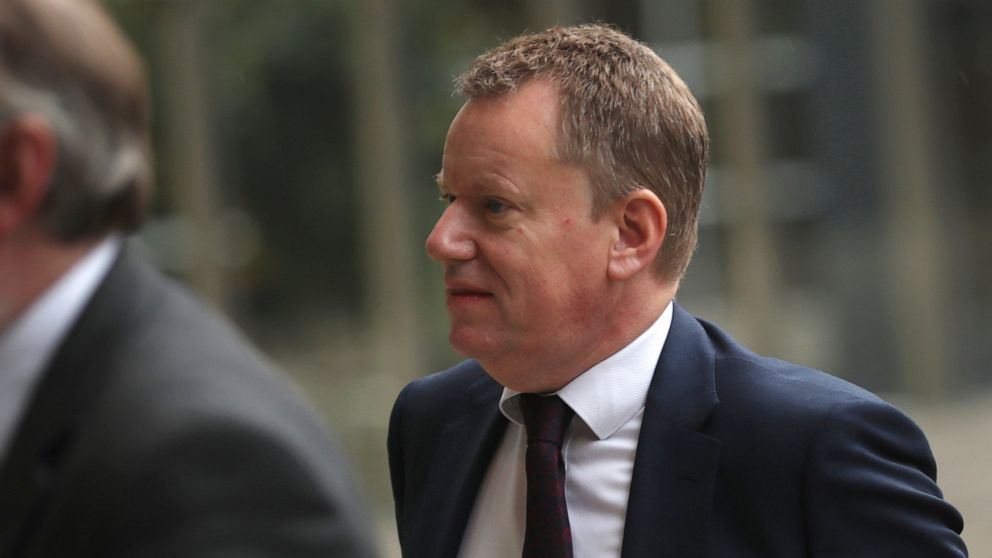

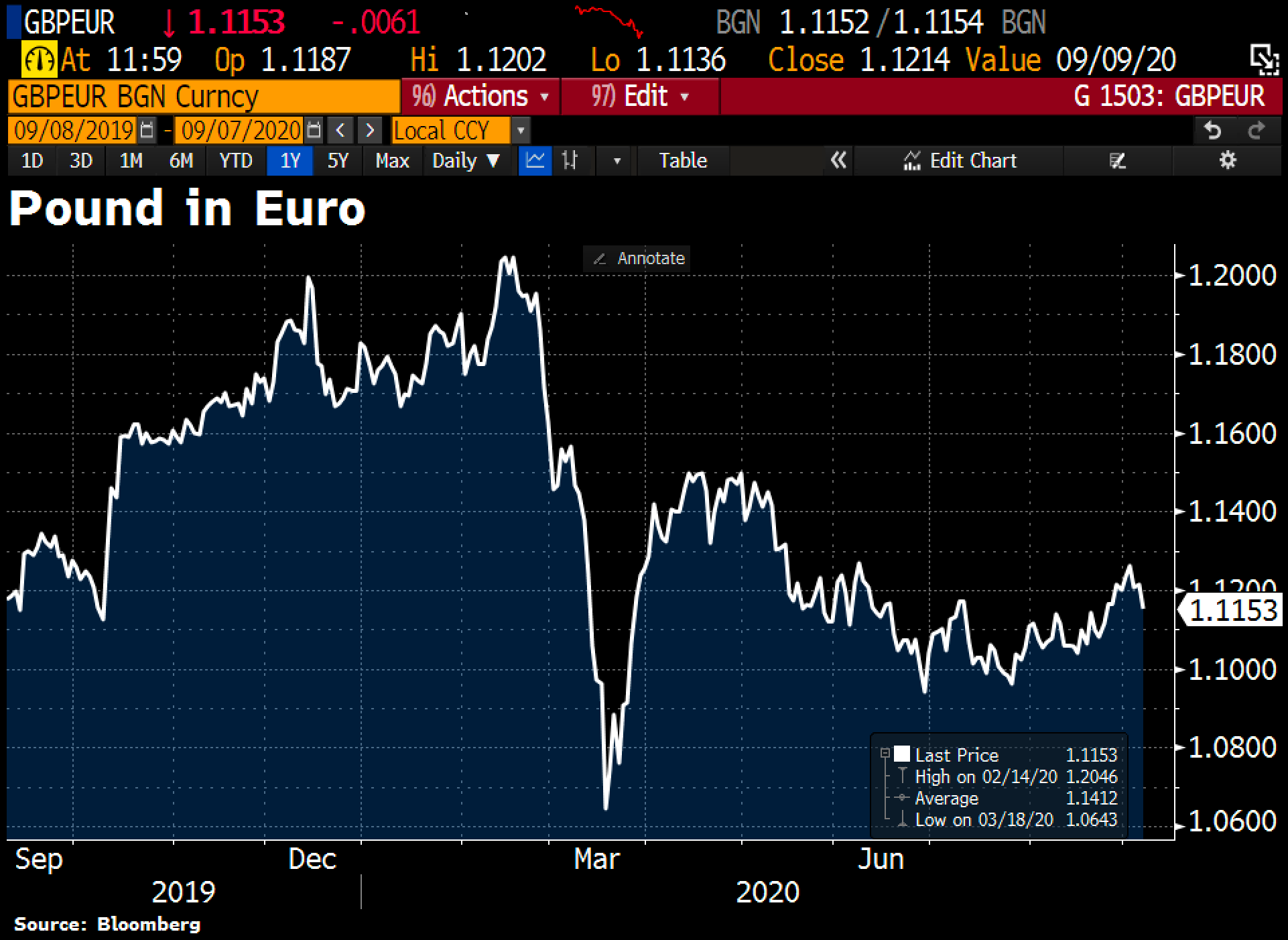



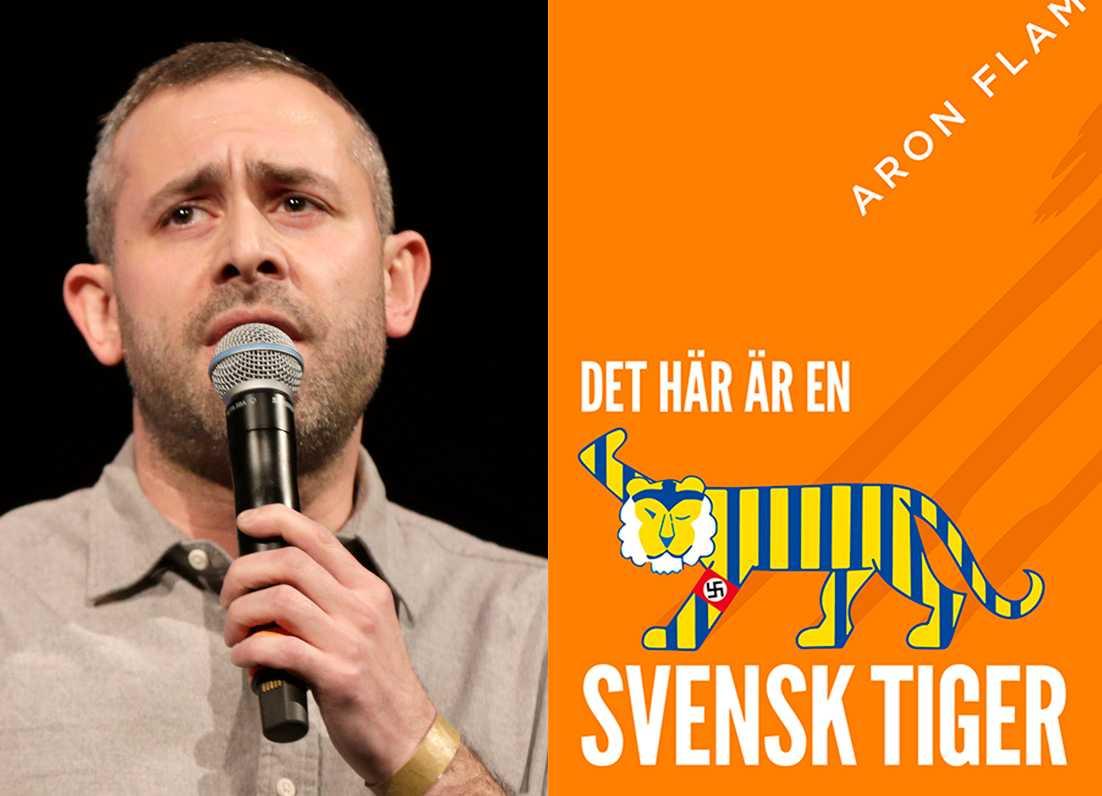




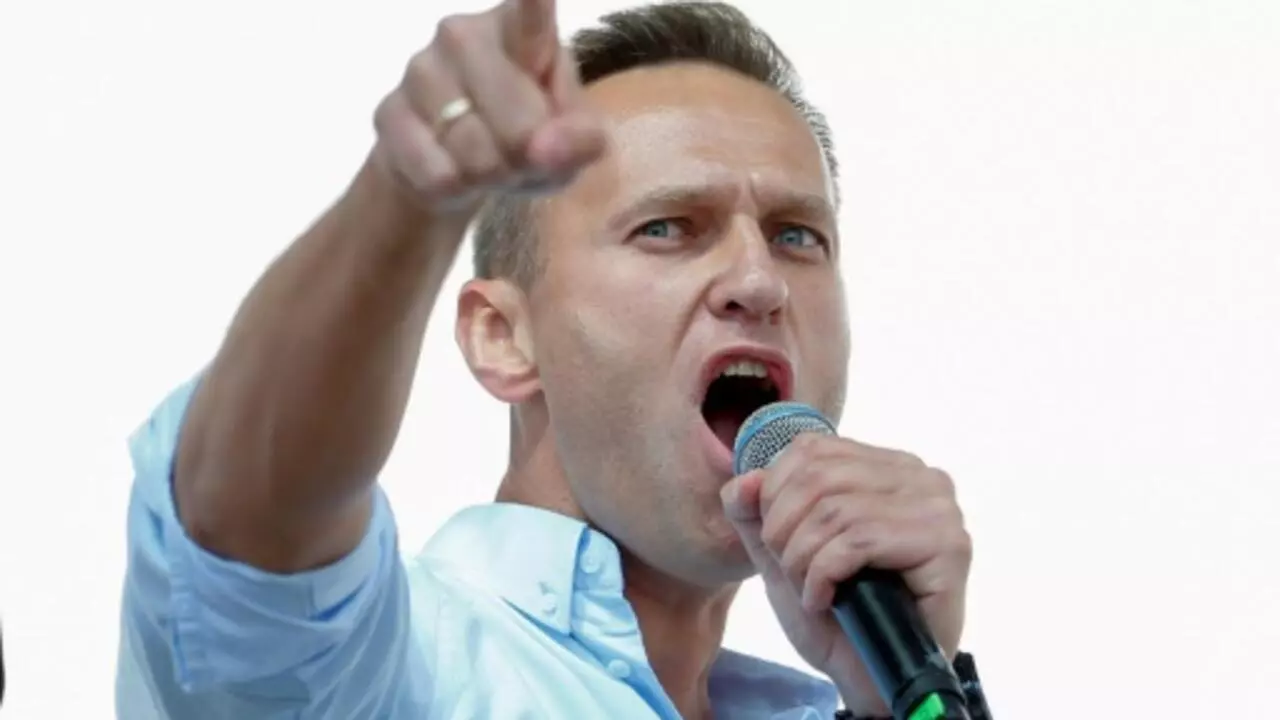
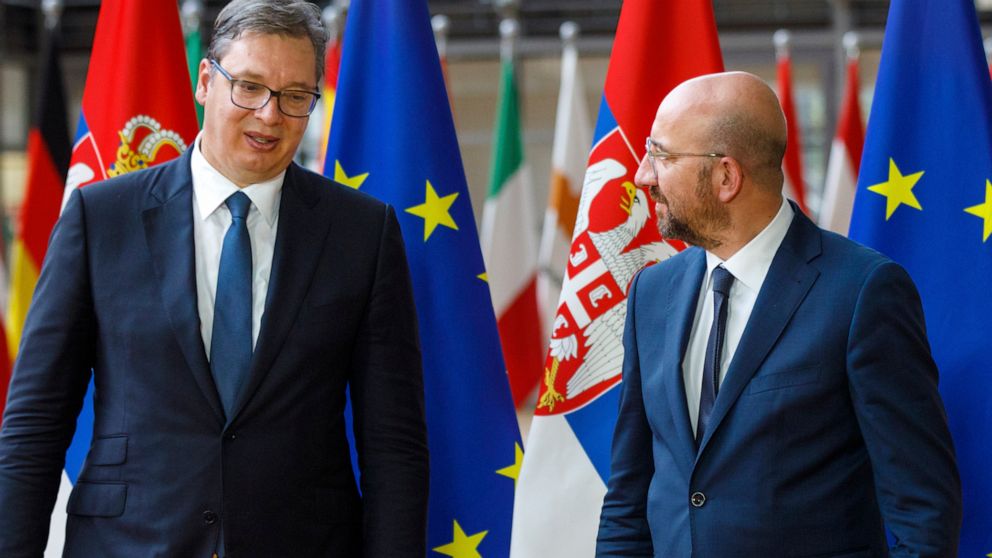

 Via The Washington Times
Via The Washington Times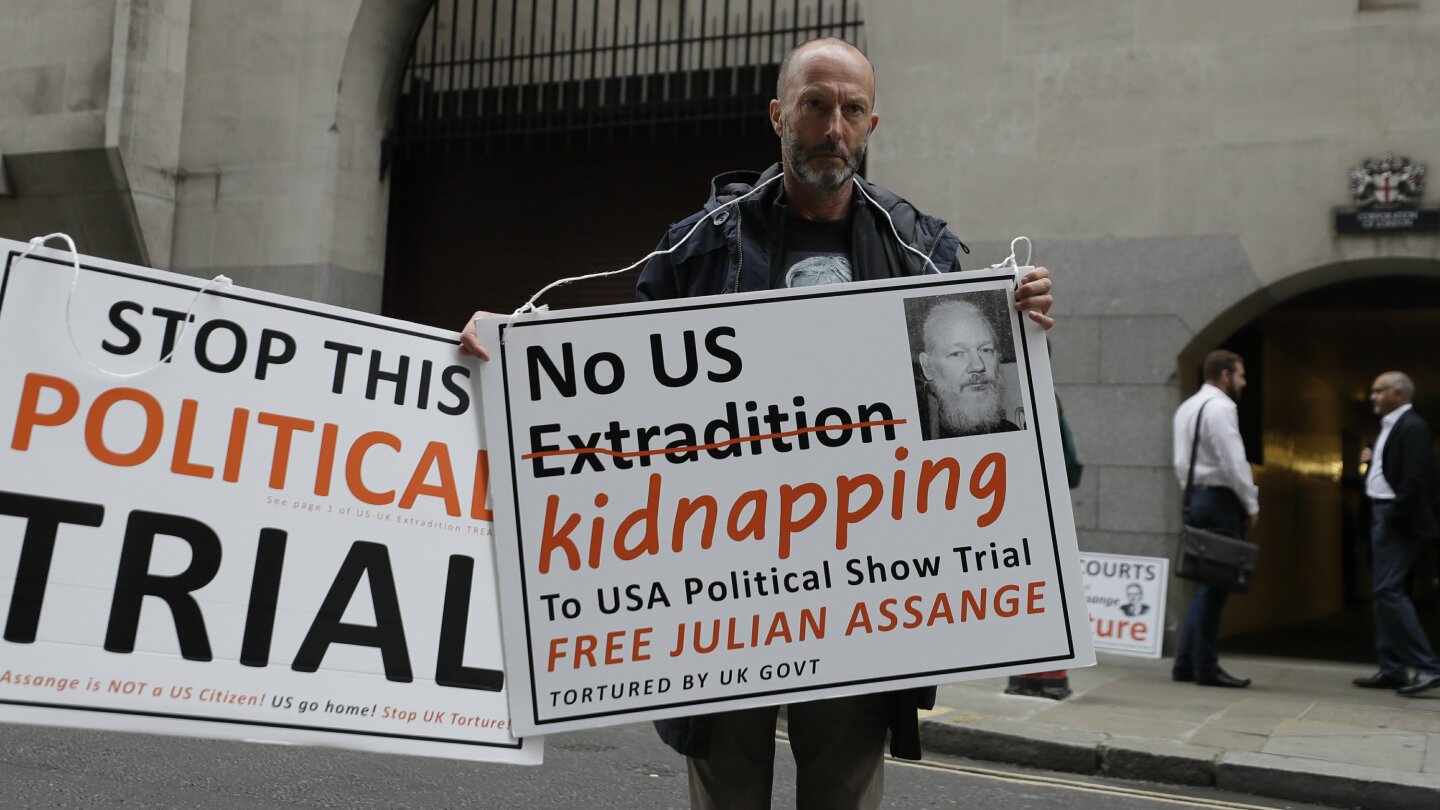

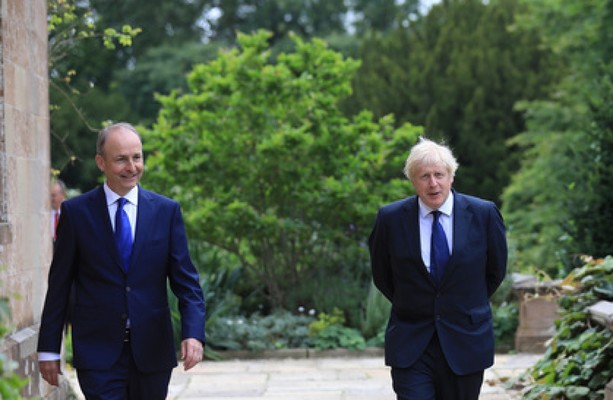

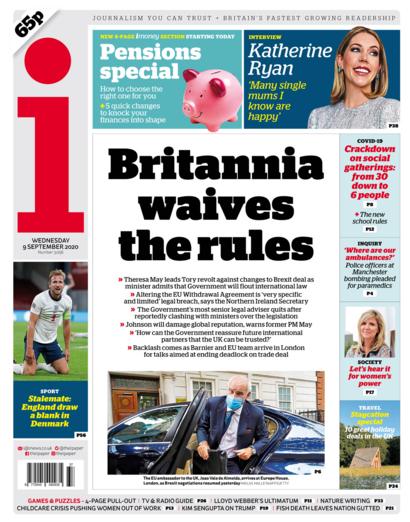


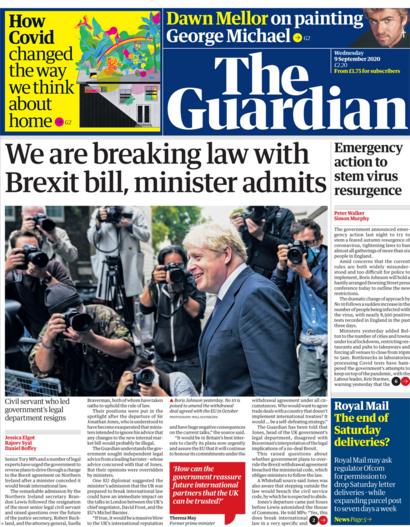
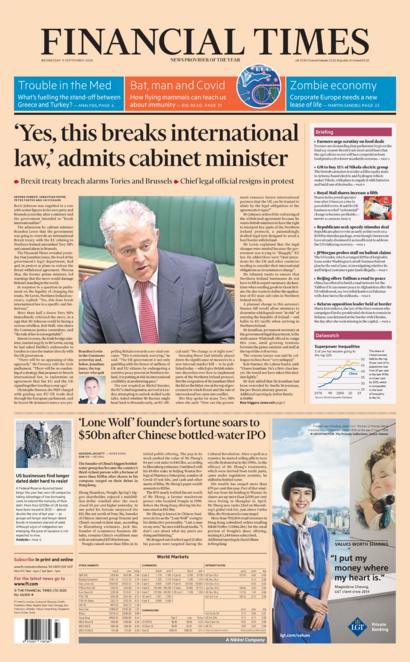

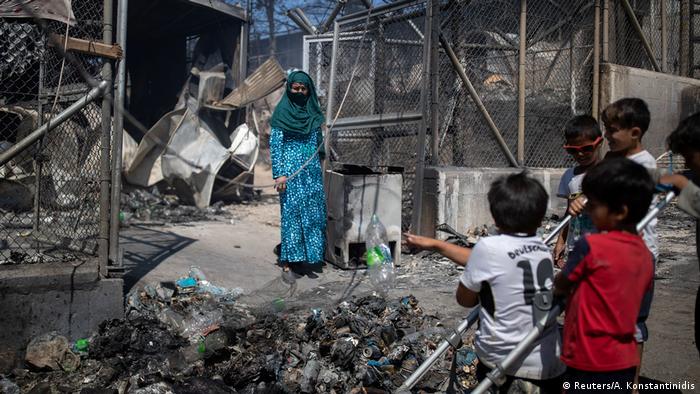
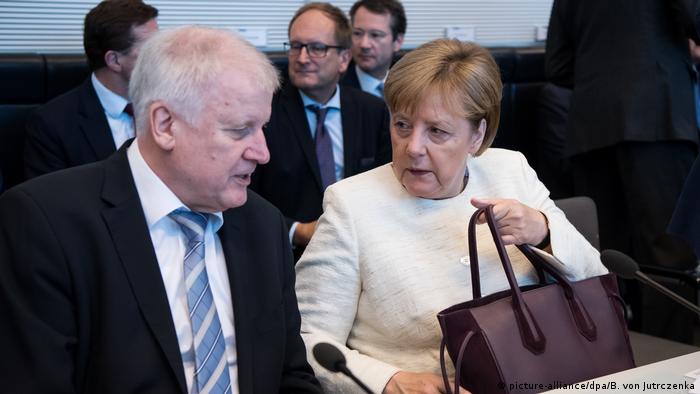
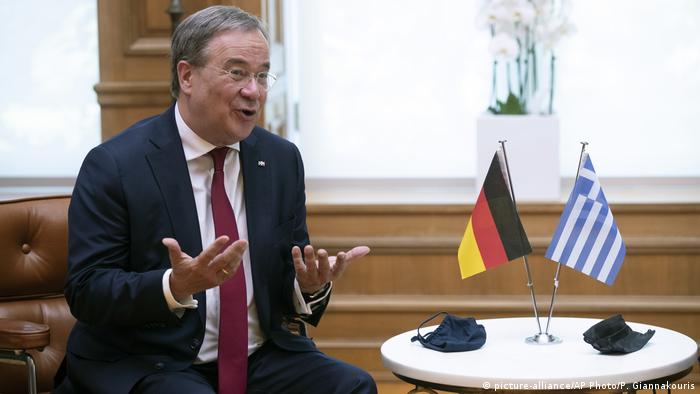


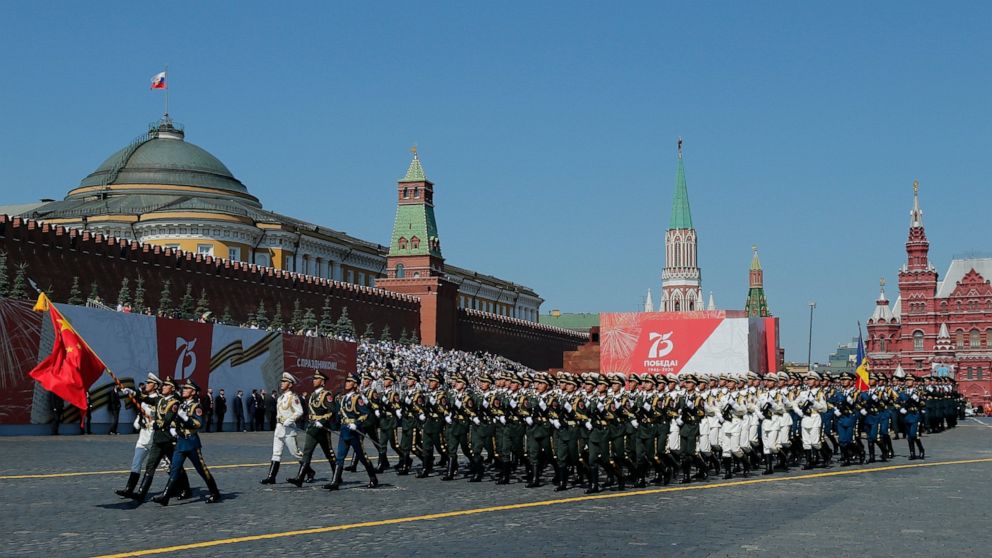
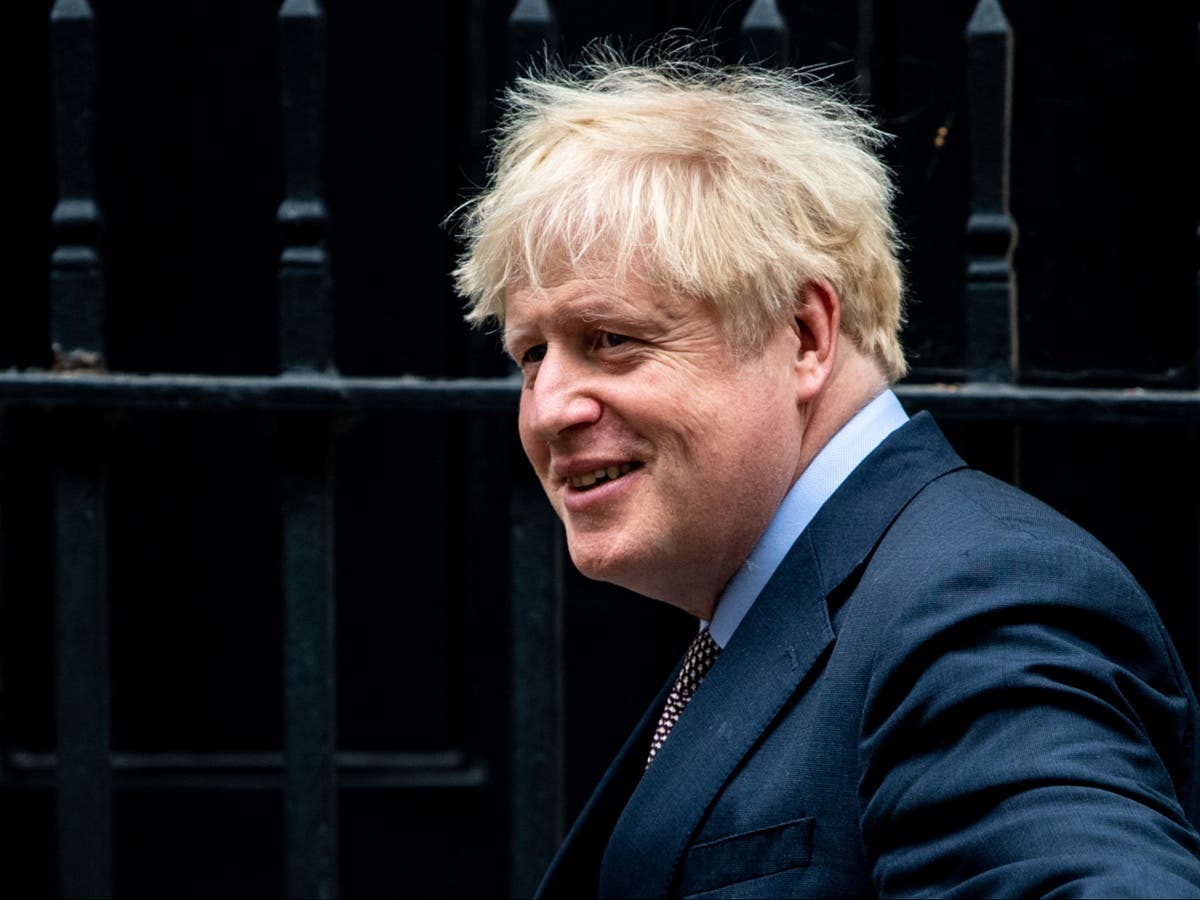
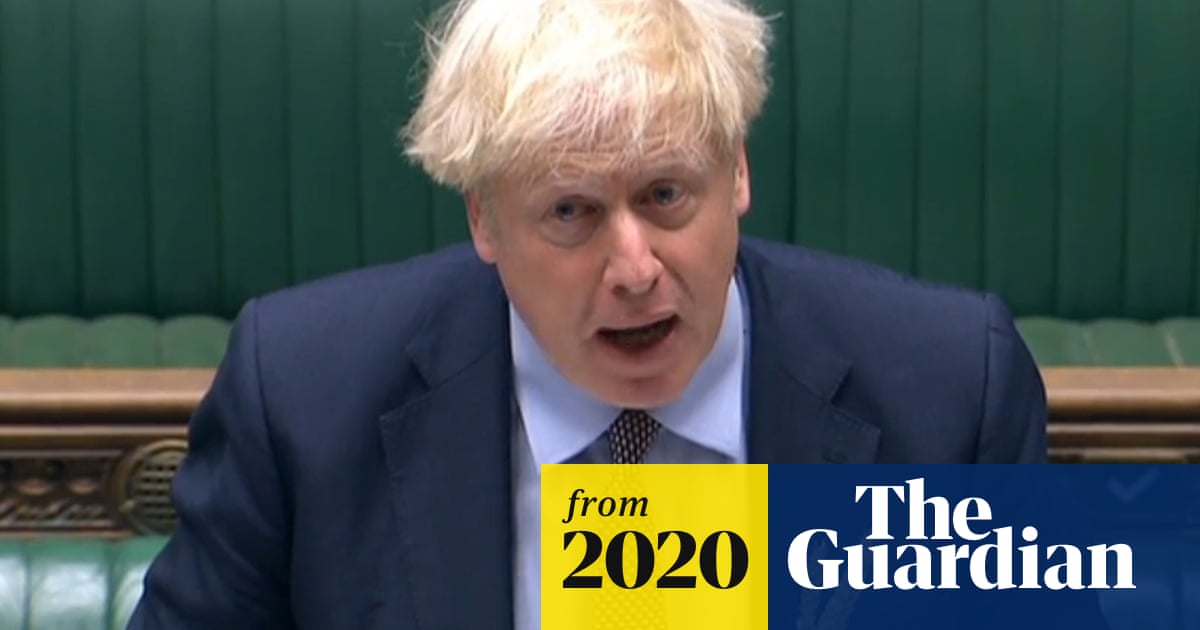
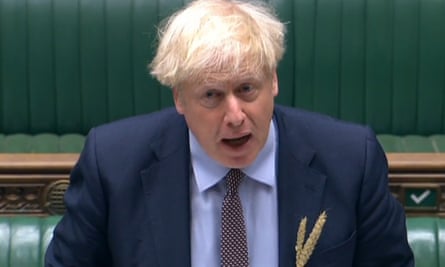
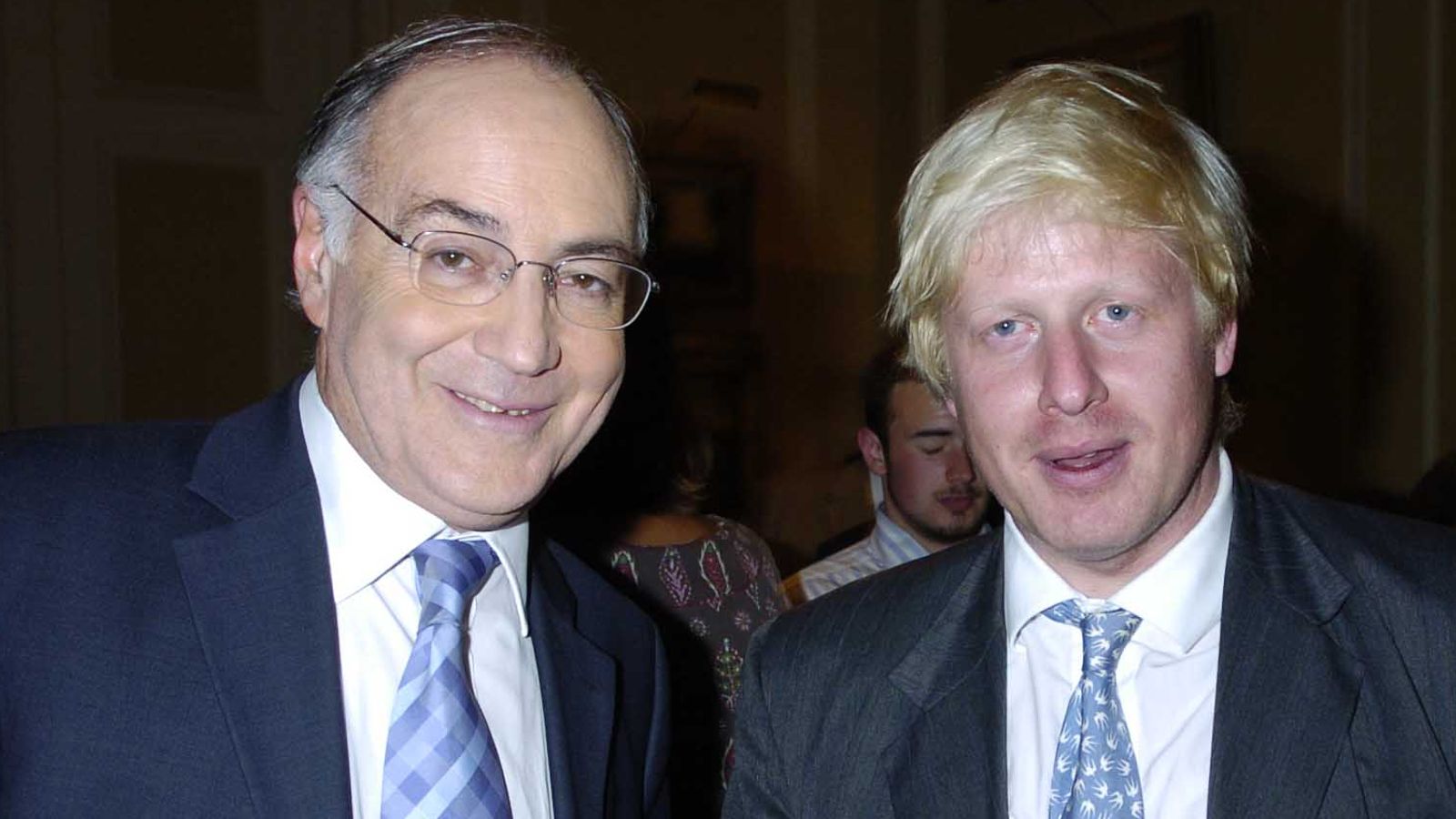

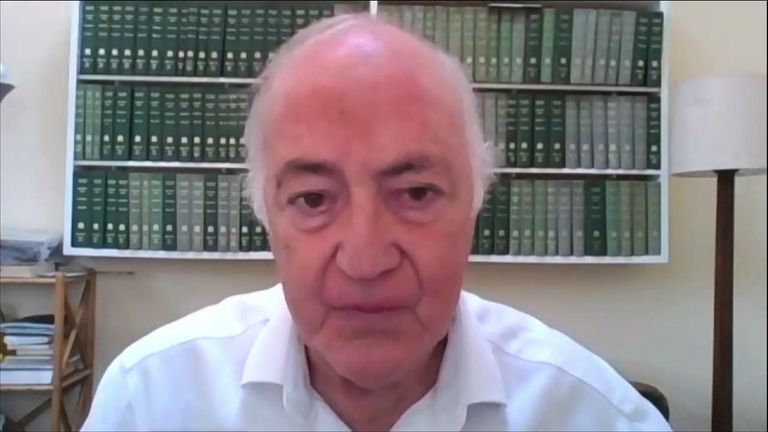
 Two Dads Adopt 6 Siblings Who Spent Almost 5 Years in Foster CareGoodnet
Two Dads Adopt 6 Siblings Who Spent Almost 5 Years in Foster CareGoodnet

